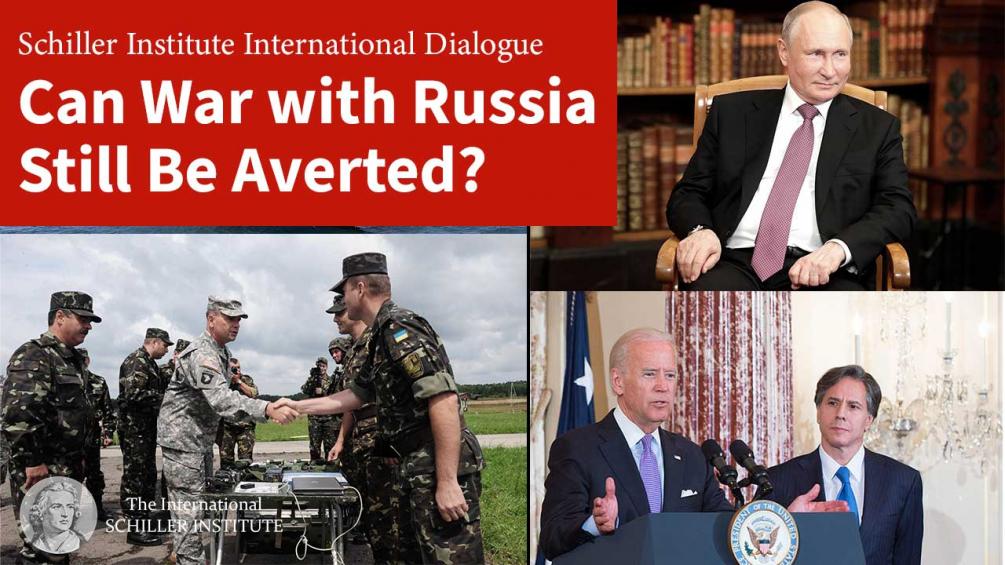
In this context, while still serving as Chief of the Prussian General Staff, Scharnhorst wrote down his ideas about how a great commander shapes the outcome of a war. Scharnhorst went into an early retirement. Unable to swallow the thought of fighting (and perhaps dying) for Napoleon, Clausewitz and forty Prussian officers resigned their commissions and left to fight for Alexander. An axillary corps of 20,000 troops joined the Grande Armée in 1812. Instead, Friedrich Wilhelm became Napoleon’s reluctant ally. The price Prussia would have paid in human lives and treasure appeared unbearably heavy for the king, especially since the country had barely recovered from the 1806 trauma. This way, while on Prussian territory, Napoleon would be bogged down and his forces weakened, giving Tsar Alexander time to mobilize the Russian Army and deliver the final blow.įriedrich Wilhelm rejected all plans for a guerrilla war against Napoleon.

The reformers in Berlin secretly prepared plans modeled after the Spanish resistance, featuring a guerrilla war waged by armed civilians in coordination with regular troops. To march east, French troops had to cross Prussia and depended on its logistical support. French-Russian relations were deteriorating once more, and a new war between Napoleon and Tsar Alexander I was just a matter of time. In fact, the ambitious reform agenda Scharnhorst implemented after 1806 strived to apply the lessons learned from Napoleon, since the Prussian Army lacked a single general of his caliber.īy 1811, Scharnhorst and his close circle of fellow military reformers-including August Neidhardt von Gneisenau, Hermann von Boyen, Karl von Grolman, and Clausewitz-came to believe the Prussian Army’s spirit and readiness had changed. Nonetheless, Scharnhorst believed Napoleon’s success harbored clues about his possible defeat. Scharnhorst admired his understanding of the social and political changes wrought by the French Revolution and his ability to apply these changes to warfare. Not everyone saw Napoleon as a military genius beyond human explanation, however. Traumatized by the defeat, the Prussian Army lost its spirit, fortresses quickly surrendered, and the French emperor entered Berlin just thirteen days later. Marshal Davout’s Corps single handedly destroyed the Prussian Army’s main body in a few hours at Auerstedt, while Napoleon actually fought the rear guard near Jena.

In October 1806, it disintegrated on the battlefield, and its commanders displayed horrendous incompetence. From the times of Frederick the Great, the Prussian Army enjoyed fame as a disciplined and highly effective force.

Prussia’s defeat at Jena-Auerstedt was particularly shocking. War in Napoleon’s hands, Clausewitz later wrote, “was waged without respite until the enemy succumbed, and the counterblows were struck with almost equal energy.” Clausewitz went as far as to suggest that thanks to the way Napoleon conducted warfare, war came close to its absolute perfection. None of the rules of war seemed to apply to Napoleon-he could face numerically superior enemy, for example, or give up the high-ground, as he did in Austerlitz, and still snatch a decisive victory. In just a few years, the Corsican had risen from a junior artillery officer to a French emperor. We offer you two essays in their original form.įor modern readers, the fear Napoleon and his victories struck into the hearts of European monarchs and generals is inconceivable. Although typical for Scharnhorst and following his desire for brevity when writing, their length might also have encouraged the consolidation. While not completely correct, the move was not illogical, as the ideas and the date of creation reveal a clear correlation between the drafts. However, later editors combined the essays into one, published in German under the title of the first text, “Some General Observations on Fortune in War” ( Einige allgemeine Bemerkungen über das Kriegs-Glück). Georg Klippel, who first printed the articles in his 1871 biography of Scharnhorst, marked them clearly as two separate writings. This is the backdrop for Scharnhorst’s essay below, two texts unpublished in his lifetime and found in his personal archive. Prussia recovered, and, on the eve of Napoleon’s invasion of Russia four years later, the country had a difficult choice to make: become France’s reluctant ally and send soldiers east or to fight again the emperor. In this hour of despair, Friedrich Wilhelm III embraced the ideas of a group of reformers.

The impact was so dire that within days the country teetered at the brink of disintegration. In 1806, the Prussian Army faced Napoleon Bonaparte in the Battle of Jena-Auerstedt and suffered a disastrous defeat.


 0 kommentar(er)
0 kommentar(er)
